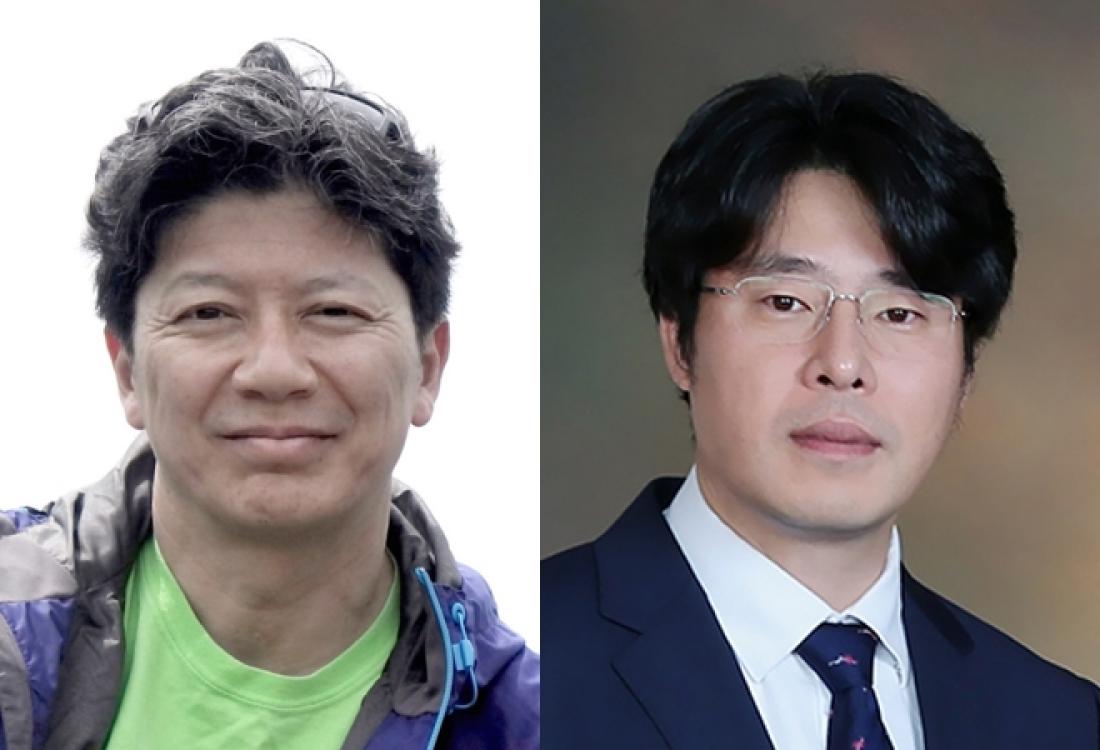Professor June.M. Kwak(Left), and Professor Chang-Hee Cho(Right)
□ DGIST announced that prof. June.M. Kwak, and prof. Chang-Hee Cho are selected for the research funding program sponsored by 'Samsung Science & Technology Foundation'.
□ Prof. Kwak was selected for the Basic Science Research and will be carrying out the project of ‘Study on the Cause and Mechanism for Plant Epidermal Cell Production’. The research intends to find answers to the operating principle of the developmental program embedded in cells and the biological phenomenon that activates the deactivated developmental program by investigating the mechanism where residuum cells secession cells in the abscission area are newly produced into the epidermal cell.
□ Prof. Kwak said, “The project aims to discover nature’s secrets about plant development and its propagation by investigating the developmental program embedded in the plant, along with its principles and causes of location information that controls the program,” adding, “This project is expected to contribute to the future food security through the plant propagation mechanism.”
□ Prof. Cho, who was also selected, will carry out the research on ‘Study on the Variable Quantum Light Source using the Rashba Exciton-Polariton State of Perovskite.’ The project aims to realize the quantum communication light source, which only operates at extremely low temperatures, at room temperature by controlling the crystal structure of the Perovskite material.
□ Prof. Cho said, “Quantum information technology can bring about the innovation in communication, computing, and sensor sectors in the future, and Quantum light source technology is one of the key technologies for this,” and he expressed his impression, “I hope this project will contribute to the commercialization of the quantum information technology.”
□ Meanwhile, Samsung Science & Technology Foundation runs funding programs for the sake of public wellbeing, which are designed to support research projects in sectors of science and technology. A total of 27 research projects are selected for the first half of 2021, including 13 research projects in the area of basic science including Prof. Kwak and Prof. Cho, 7 in material technology, and 7 in the information and communication technology.



